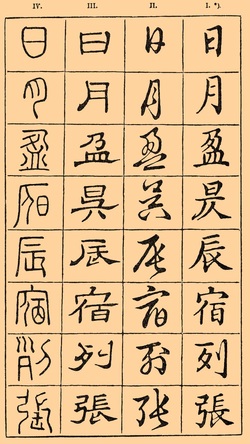
“Every translation is an interpretation” - Eugene Rabina
Very rarely is there a one to one correspondence among abstract terms and concepts in different languages. This disconnect is why the members of the Sanhedrin ( High Court) had to understand every language, they had to hear testimony in its original language, it was not to be filtered.
My favorite word with no english equivalent : Mono no aware - Japanese : the awareness of impermanence, or transience of things, and a gentle sadness at their passing.
The film "lost in translation" starring Bill Murray had the title "Man visits Japan" in Israel. This disconnect stretches beyond language and across cultures and worldviews. We could even be using the same language with the same words with different connotations or subtexts involved and misunderstand each other. One example of this is the term slave. It has a very different meaning in the Torah then when compared to antebellum.
The translation of Bamidbar, this week's parashah is translated as numbers. This is not a literal translation but is about the theme of the entire book. I feel this is a mistranslation of what the theme is. The sefer is not about numbers or the census. It is about the desert, it is about chaos and confusion not an orderly quantitative world.
The world can be a difficult confusing place, it is a wilderness, it does not translate well. Don't be mislead by someones mistranslation. Don't be fooled into thinking that you understand the world and that it is quantifiable. This is the message of the mistranslation and the message of sefer Bamidbar. Life is unexpected and unexplainable. Unforeseeable occurrences will happen, both positive and negative. Don't get lost in translation and assume you understand clearly, no one does.
 RSS Feed
RSS Feed